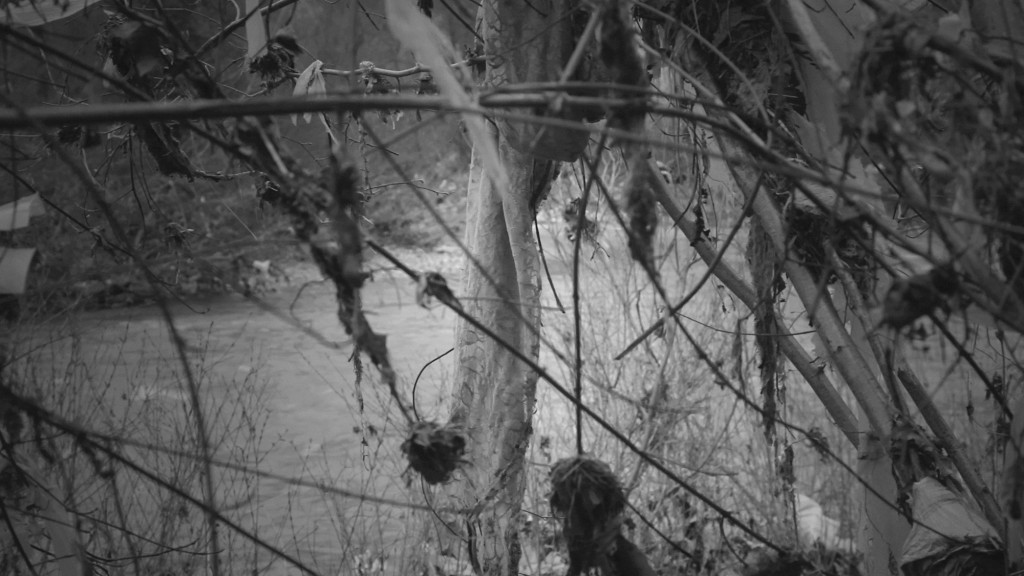It’s Never Too Much Late

Alongside the conference, artists Jelena Juresa (Basileus scholar Ghent University and KASK) and Mekhitar Garabedian (postdoctoral researcher School of Arts) will be exhibiting their work at De Zwarte Zaal at the School of Arts (KASK Conservatorium) under the title It’s Never Too Much Late. Their practice deals with the politics of oblivion, prevalent memory regimes, histories of displacement and the labour of mourning.
Address: School of Arts / KASK, Zwarte Zaal, Louis Pasteurlaan 2, 9000 Ghent (free admission)
Opening hours:
- We 21/09: 13:00-18:00
- Th 22/09: 12:00-18:00
- Fr 23/09: 12:00 – 18:00
- Mo 26/09: 12:00 – 18:00
- Tu 27/09: 12:00 — 18:00
- We 28/09: 12:00 – 22:00
- Th 29/09: 12:00 – 22:00
- Fr 30/09: 12:00 – 22:00 (finissage)
Artist bio:
Jelena Jureša has been extensively working with the questions of identity, politics of memory and oblivion through the media of photography, video and text. The focus of her work is the relationship between the observer and the observed within the confines of the „image“, and what it does and does not convey. She has participated in solo and group exhibitions internationally, Kunstlerhaus – Halle für Kunst & Medien, Austria; National Taiwan Museum of Fine Arts, Taiwan; Museum of Contemporary Art, Serbia. As the Jackman Goldwasser resident artist (2015), in collaboration with the Hyde Park Art Center in Chicago, she is developing a new art project, tackling the questions and relations of public art – capitalism – tourism – copyright, as well as production of male and female histories within this context. During her artist in residence at Q21 in Vienna in 2016, she studied the work of anthropologists and racial hygienists of Austrian imperial period, as well as politics of oblivion after WWII. As a PhD researcher at Ghent University, Faculty of Arts and Philosophy, rsearch centre S:PAM and KASK Conservatorium she is focusing on politics of oblivion in relation to three traumatic pasts of the twentieth century, in the context of Europe: the negation of war crimes after the dissolution of Yugoslavia in the Republic of Srpska and Serbia, the construction of a national identity in Austria after the Anschluss and its relation to the silence on the Holocaust, and the construction of a Belgian identity in the aftermath of its colonial past.
Mekhitar Garabedian (°1977, Aleppo, Syria) lives and works in Ghent, Belgium. Deploying a variety of media such as drawing, video, photography and installations, many of Mekhitar Garabedianʼs works draw from his experience as an immigrant and play on the humour and poetic qualities he finds between languages, cultures and histories. Just as his personal diasporic history is layered, his work echoes with a multiplicity of references to literature, music, philosophy and visual arts. Mekhitar Garabedian is currently affiliated with KASK/School of Arts, Ghent, as a postdoctoral researcher and professor Installation and Media art. He is represented by Albert Baronian Gallery, Brussels.
Garabedian’s work has been presented in solo exhibitions at Bozar, Centre of Fine Arts, Brussels, 2015, S.M.A.K., Ghent, 2011, KIOSK, Ghent, 2010. His work has appeared in group exhibitions such as Armenity/Hayoutioun, National Pavilion of The Republic of Armenia, Venice Biennale 2015 (awarded with the Golden Lion), Between the Pessimism of the Intellect and the Optimism of the Will, Thessaloniki Biennale 2015, Here and Elsewhere, New Museum, New York, 2014, Blijven Kijken/Ce qui nous regarde/Dropouts, M, Museum Leuven, 2013, Graphology, The Drawing Room, London, 2012.
